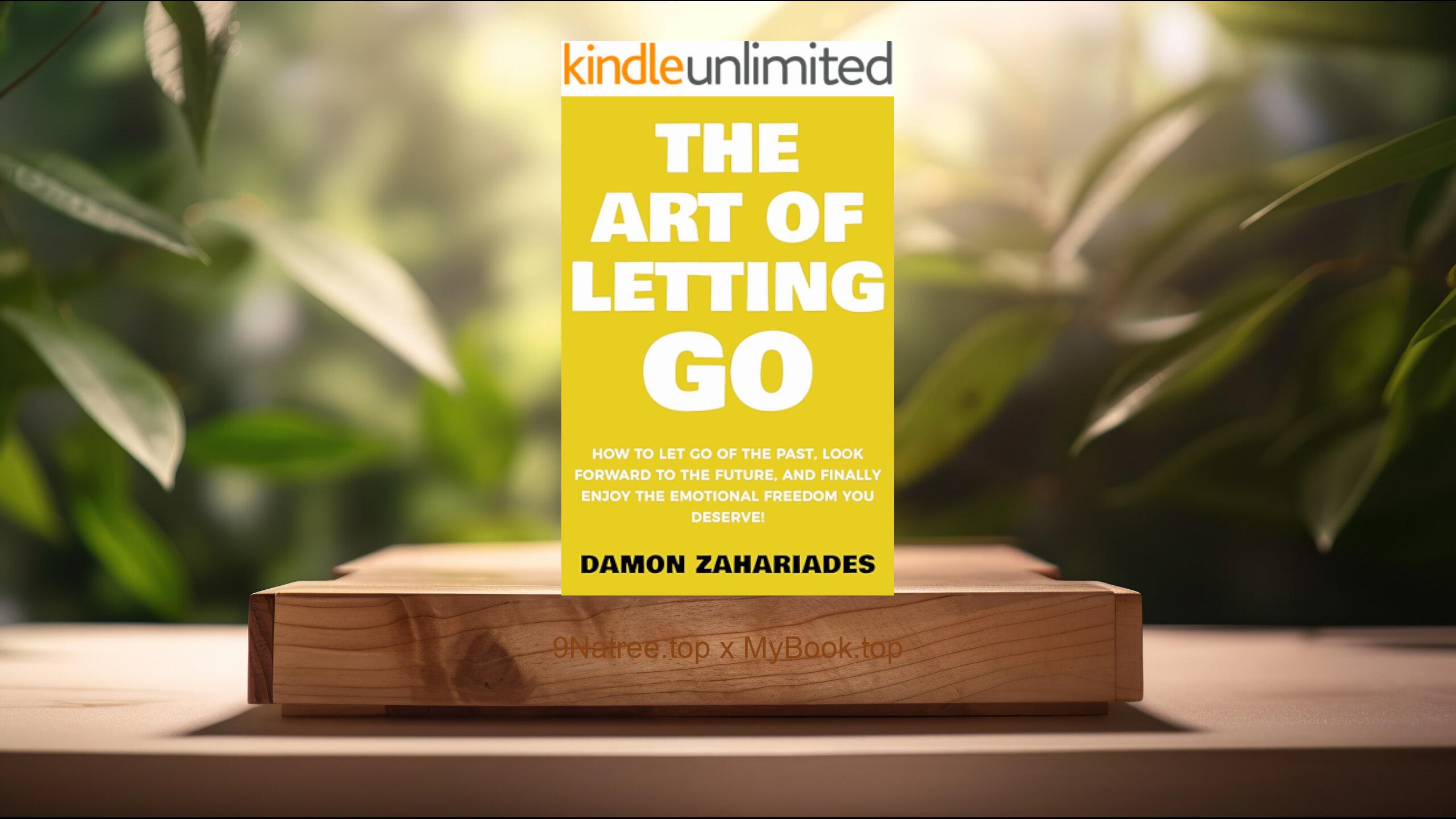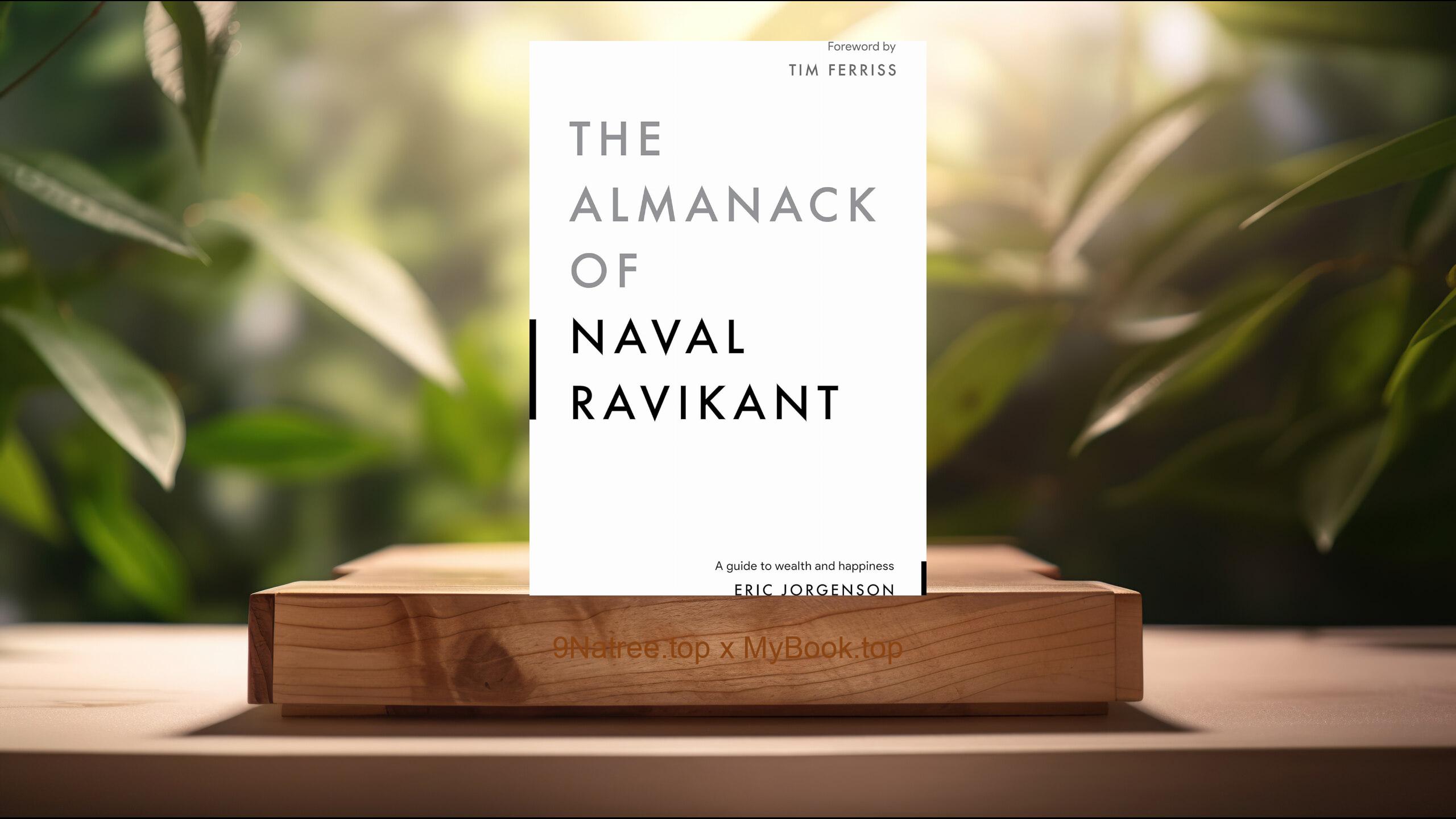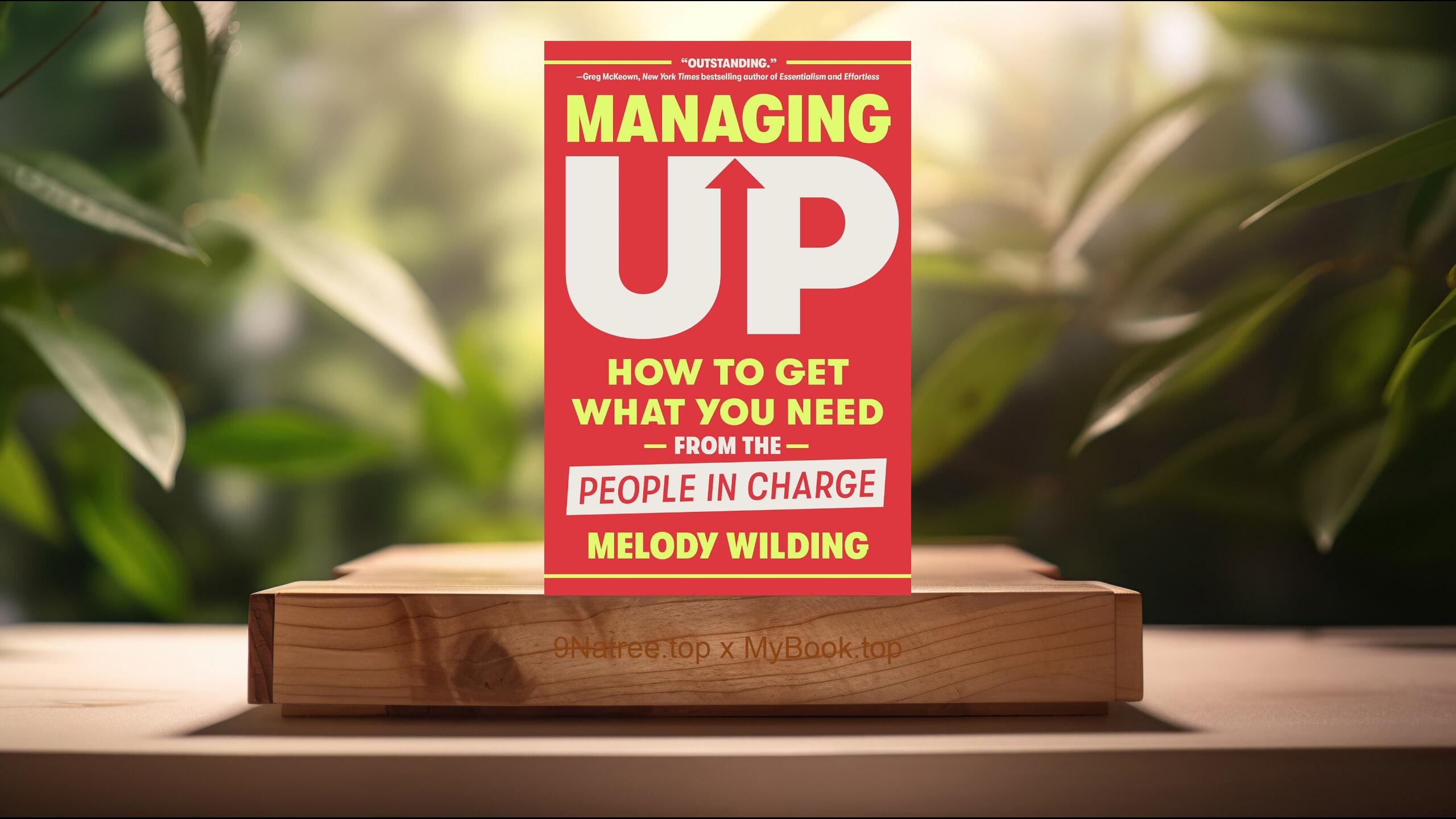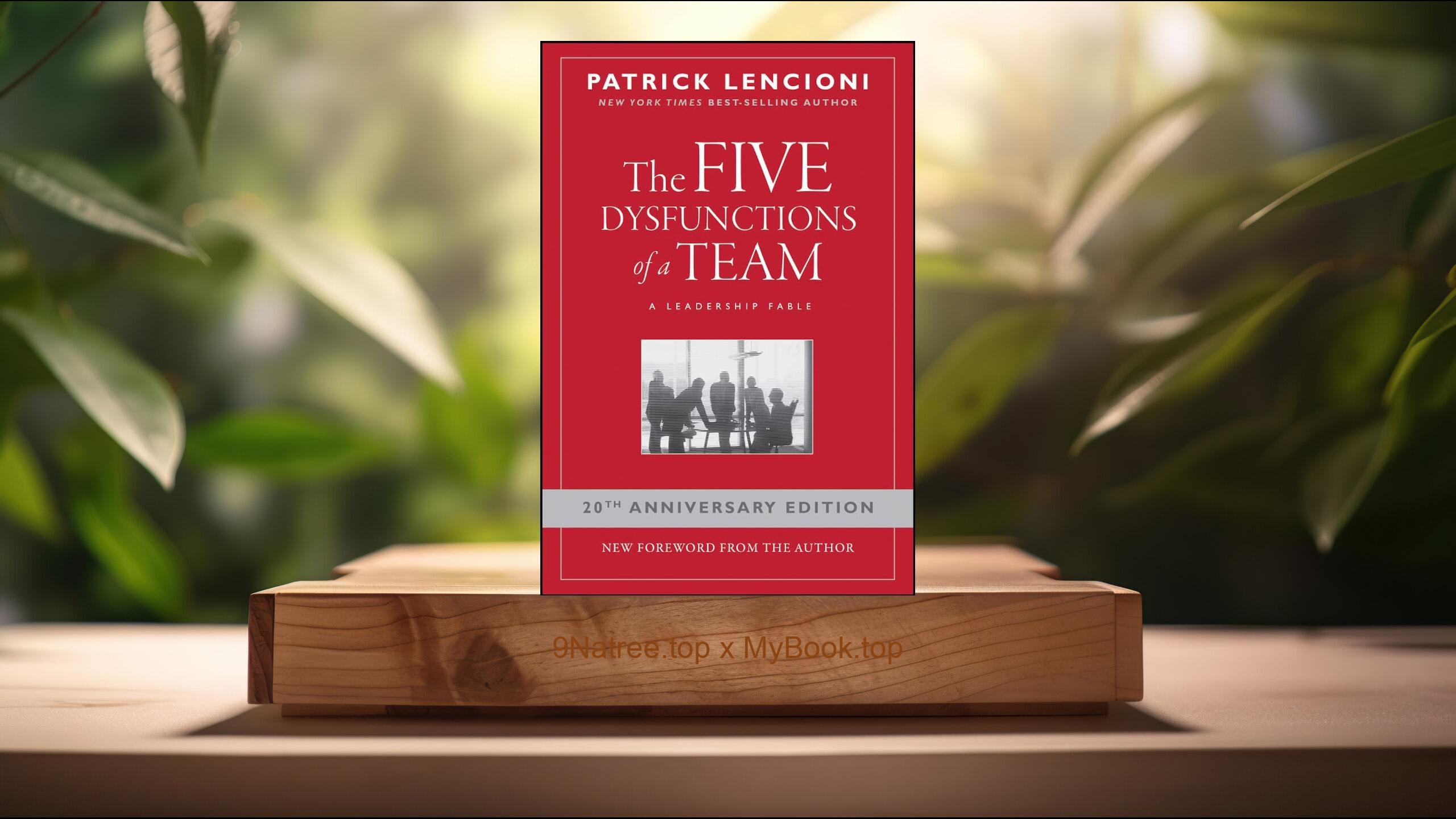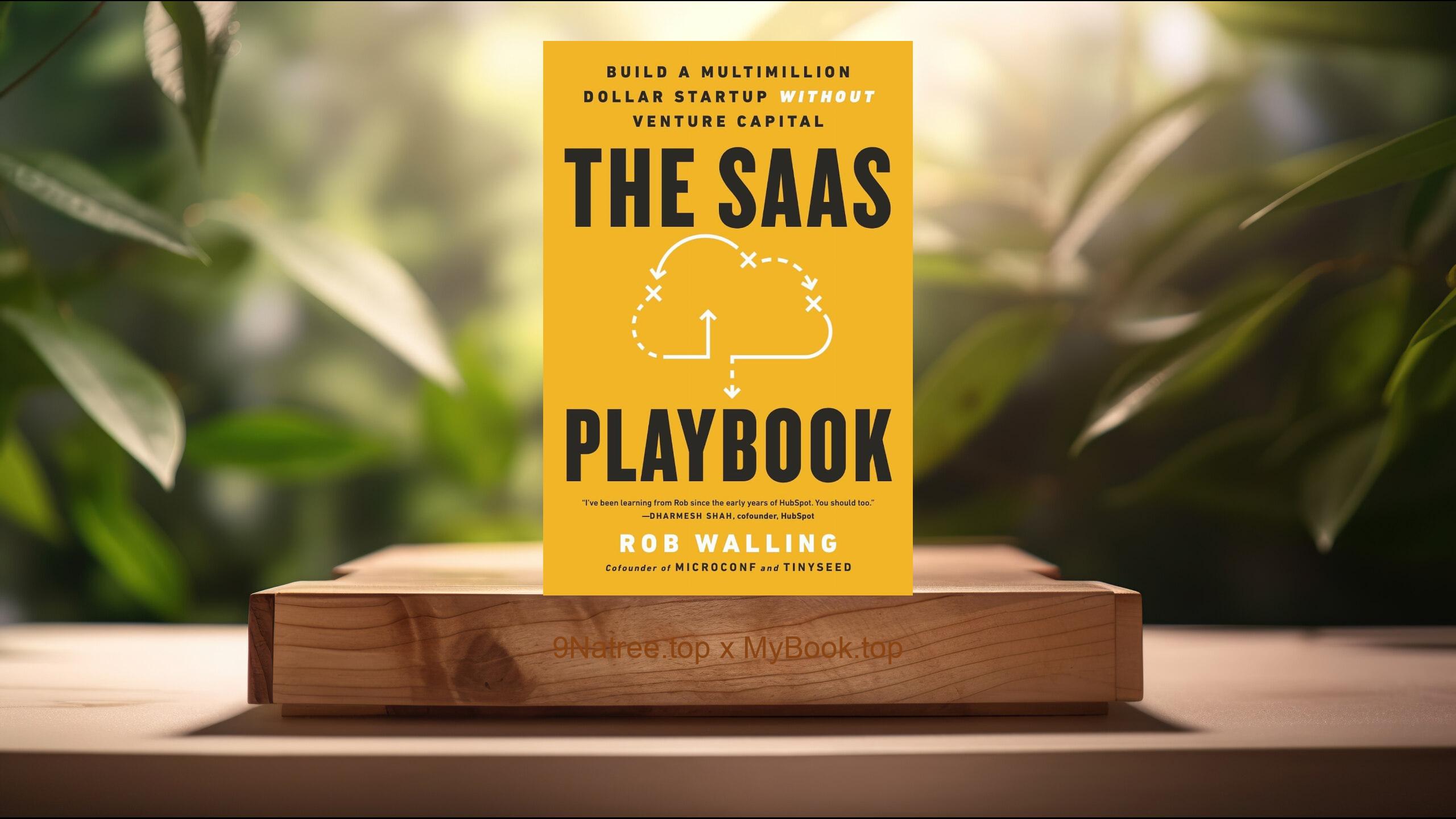Show Notes
Buy on Amazon: https://www.amazon.com/dp/B0C38FCTJC?tag=9natree-20
Read more: https://mybook.top/read/B0C38FCTJC/
#Happiness #ArthurCBrooks #Wellbeing #Personaldevelopment #Gratitude #Positivepsychology #Mindfulness #BuildtheLifeYouWant
These are takeaways from this book.
Firstly, The Happiness Equation, Arthur C. Brooks introduces readers to what he calls the 'Happiness Equation,' a foundational concept in understanding how happiness operates on a practical level. This equation posits that happiness is not a by-product of wealth, success, or fame, but rather stems from a combination of genetic set points, circumstances, and intentional activities. Brooks dives deep into each component, stating that while we may have limited control over our genetic predispositions and the circumstances we encounter, there's significant autonomy in how we choose to engage with our daily lives. He encourages adopting intentional activities such as gratitude practices, deep social connections, and meaningful work to increase our overall happiness. This segment of the book lays the groundwork for understanding that happiness is a skill that can be cultivated with concerted effort and the right strategies.
Secondly, Overcoming Happiness Myths, One of the pivotal aspects of the book is Brooks' deconstruction of prevalent happiness myths that hinder our personal growth and satisfaction. He challenges the societal narrative that happiness is linear, directly correlated with success, or that it can be achieved once certain external conditions are met. By examining scientific research and through anecdotal evidence, Brooks dispels these myths and highlights the dangers of benchmarking our happiness against unrealistic standards or external achievements. This section not only enlightens readers on the misconceptions surrounding happiness but also paves the way for a healthier mindset focused on intrinsic values and personal fulfillment beyond material success.
Thirdly, The Role of Struggle and Suffering, Arthur C. Brooks navigates the paradoxical role of struggle and suffering in achieving happiness. He proposes that, contrary to popular belief, experiencing challenges and moments of discomfort can significantly contribute to our long-term well-being. Brooks delves into the concept of 'antifragility,' a term coined by Nassim Nicholas Taleb, suggesting that just like muscles grow through stress, our happiness and resilience can be fortified through hardships. This segment encourages readers to reframe their attitudes towards suffering, viewing it as an opportunity for growth and self-improvement rather than a detractor from happiness. It's a profound call to embrace life's ups and downs with courage and to find meaning in adversity.
Fourthly, Building Happiness Habits, Brooks emphasizes the importance of establishing habits that foster happiness. He outlines several science-backed practices such as meditation, regular exercise, and maintaining strong social connections that have been proven to enhance well-being. Further, he introduces the concept of 'eudaimonia,' or the pursuit of purpose and meaning, as a critical component of happiness. This section of the book is highly practical, offering readers a toolkit of activities and mindset shifts that can be integrated into daily life. Brooks' approach is not one-size-fits-all; instead, he encourages personalization of these practices to fit individual preferences and lifestyles, thereby maximizing their impact on happiness.
Lastly, Cultivating Gratitude and Generosity, The final key topic Brooks addresses is the significant impact of cultivating gratitude and generosity on our happiness. He provides compelling evidence that these qualities not only enhance our own well-being but also have a ripple effect on our communities. Through personal anecdotes and scientific data, Brooks illustrates how acts of kindness and expressions of gratitude contribute to a sense of connectedness and fulfillment. This segment of the book serves as a powerful reminder of the joy that comes from giving and the importance of acknowledging the good in our lives. It challenges readers to be more mindful of their blessings and to actively seek opportunities to contribute positively to the lives of others.
In conclusion, Arthur C. Brooks' 'Build the Life You Want: The Art and Science of Getting Happier' is a must-read for anyone seeking to enhance their well-being and find more joy in everyday life. Whether you’re navigating difficulties, striving for personal growth, or simply looking to increase your daily happiness, Brooks offers evidence-based advice that is both enlightening and practical. This book empowers readers to take an active role in shaping their happiness, emphasizing that true contentment comes from within and is accessible to everyone, regardless of their circumstances. It's particularly beneficial for individuals interested in personal development, psychology enthusiasts, and those seeking a scientifically grounded approach to happiness. By implementing Brooks' strategies, readers can hope to lead more fulfilling lives, characterized by resilience, gratitude, and a profound sense of purpose.
![[Review] Build the Life You Want: The Art and Science of Getting Happier (Arthur C. Brooks) Summarized](https://episodes.castos.com/660078c6833215-59505987/images/1716460/c1a-085k3-o87wpndds96w-wxos4o.jpg)
